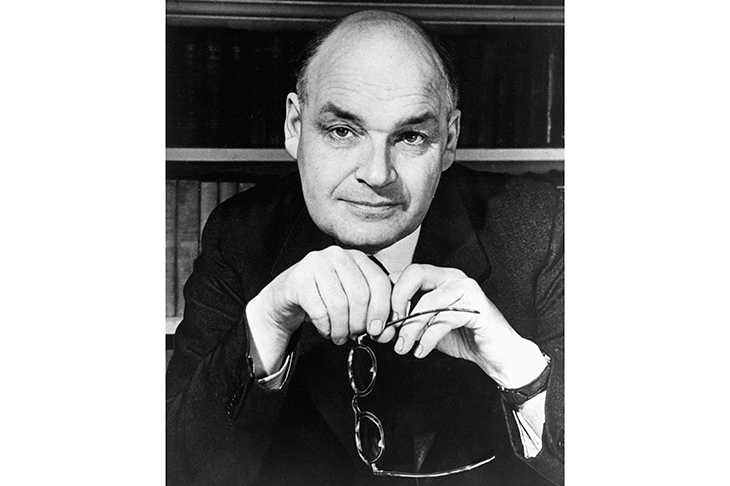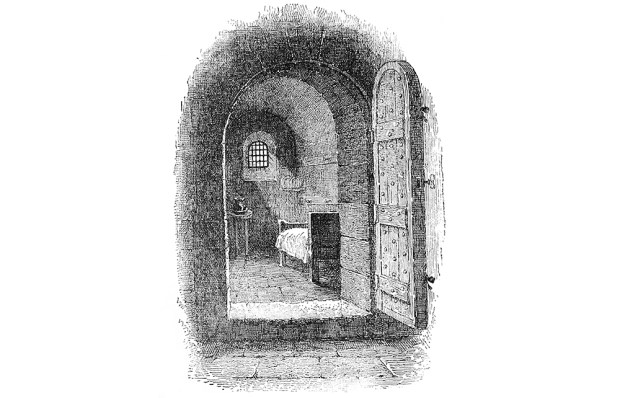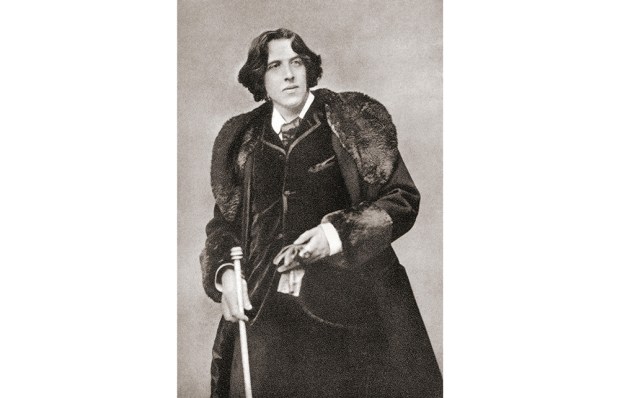If you want to judge how much society has changed, you might do worse than visit a few secondhand bookshops. Obsolete volumes rest undisturbed on their shelves. The more popular they once were, the more unwanted copies accumulate. An almost inevitable presence nowadays is Sir Arthur Bryant, in his time a bestselling writer on historical subjects but now slumbering among the Great Unread.
To browse in one of his books is a nostalgic experience. Their very titles — English Saga, for example, or Set in a Silver Sea — are evocative. They tell ‘our island story’, of an idealised agrarian past populated by merry monarchs, honest yeomen farmers, sturdy John Bulls and jolly Jack Tars: the kind of thing that one could find in children’s histories written by bishops or schoolmasters a century or more ago, but surprising to see still being published as late as the 1980s. And yet they were enormously successful, so much so that Sir William Collins could boast that he sold three kinds of books: ‘Fiction, non-fiction and Arthur Bryant.’
Bryant’s books made him rich enough to buy a mansion in Knightsbridge overlooking Hyde Park and a handsome Georgian manor house in Dorset. Among the guests at a dinner at the Vintner’s Hall to celebrate Bryant’s 80th birthday were two prime ministers (one current, one former), the Archbishop of Canterbury, plus various lords and ladies, generals and other grandees. The accolades heaped up on Bryant: the CBE, the knighthood, becoming a Companion of Honour. Obsequious and ingratiating to his superiors, he was condescending to everybody else.
One reason for his success, perhaps, was his willingness to see the past in the present. His two volumes on the Napoleonic wars, The Years of Endurance (1942) and The Years of Victory (1944) depicted an England (never Britain) alone, defying a continental tyranny — an analogy which, however simplistic, resonated during Hitler’s war and afterwards. (The same comparison can be found in C.S. Forester’s Hornblowernovels.) His books based on the war diaries of Field-Marshal Lord Alanbrooke, The Turn of the Tide (1957) and Triumph in the West (1959), accentuated the idea of Bryant as the national historian. He was conceited enough to think of himself as such. Late in life he complained to a female friend that his forthcoming books might not get a fair hearing, ‘something on which the whole future of England may depend’.
A few years after Bryant’s death, his reputation received a blow from which it was never fully to recover. The young Andrew Roberts revealed that in the pre-war period Bryant had cut a rather different figure. Far from championing freedom from Nazi tyranny, he had been an admirer of Hitler’s, and had praised Mein Kampf as ‘Disraelian’. He had played host to a delegation of Hitler Youth, and had offered himself as a mediator in possible peace negotiations with the enemy. In 1940 he had even been at risk of being interned. Afterwards he had taken trouble to buy up and pulp any unsold copies of his book Unfinished Victory, which had expressed sympathy for the Nazi cause and likened Hitler to Cromwell.
After such a devastating attack, with its damaging revelations, Bryant’s reputation sank like a punctured dirigible. Almost 20 years later, another young writer, W. Sydney Robinson, attempted a partial rehabilitation in a long chapter of his book The Last Victorians. This was spirited defence, if not entirely convincing. Robinson admitted that he had struggled to understand Bryant’s relations with women. Some months after his book was published, however, he received a large packet of love letters between Bryant and one of his secretaries. They showed that in the last two decades of his life, Bryant had contrived to string along four (and, for a while, five) women simultaneously. Robinson read through these startling letters with a sinking feeling
This was a biographer’s nightmare; but Robinson rose to the challenge. His new book is based on the letters. What they reveal is jaw-dropping. Bryant was a monster of egotism and selfishness. He persuaded one girlfriend to write his biography, which he then virtually dictated to her. He presented another woman, whom he had envisaged as a possible Lady Bryant, with a life-sized bust of himself on her birthday, and ventured to suggest that it might ‘look well’ in her entrance hall, ‘on the right of the door as you enter it’. To yet another of his ladies, he compared the bond between them to ‘my love for Jimmy, and Jimmy’s for me’. Jimmy had been his dog (a terrier).
Bryant’s treatment of these poor women is indefensible. Why they put up with him, tolerating his absurd vanity, his lies, evasions and half-truths, and his tedious late-night monologues on the Black Death or the Hundred Years’ War, is difficult to understand. They certainly suffered as a result. But the rest of us can enjoy reading the adroit manoeuvrings of this preposterous humbug, as he oscillated between inamorata. This is a slight story, but it is an extremely entertaining one.
Got something to add? Join the discussion and comment below.
Get 10 issues for just $10
Subscribe to The Spectator Australia today for the next 10 magazine issues, plus full online access, for just $10.
You might disagree with half of it, but you’ll enjoy reading all of it. Try your first month for free, then just $2 a week for the remainder of your first year.














Comments
Don't miss out
Join the conversation with other Spectator Australia readers. Subscribe to leave a comment.
SUBSCRIBEAlready a subscriber? Log in